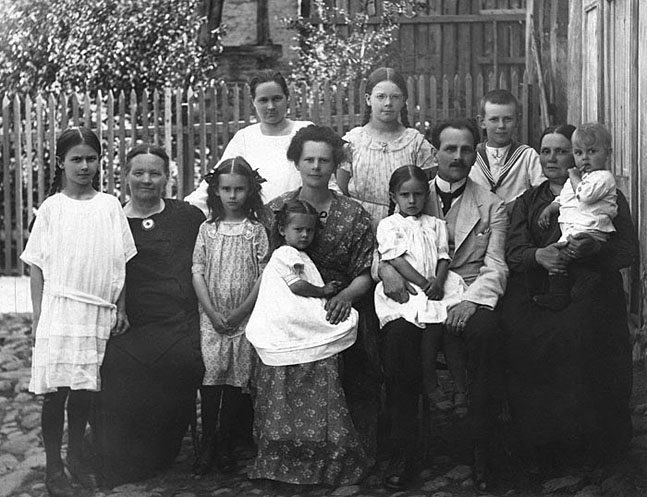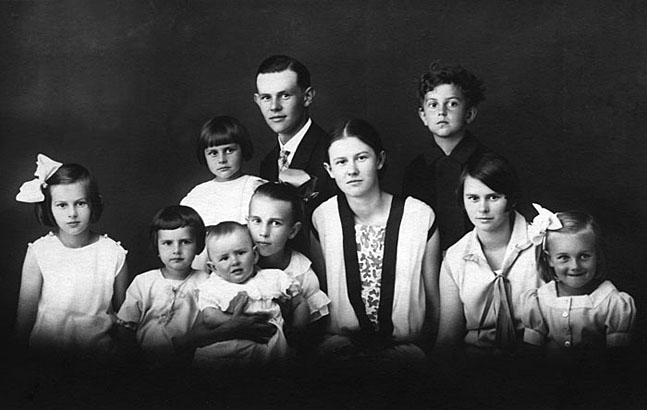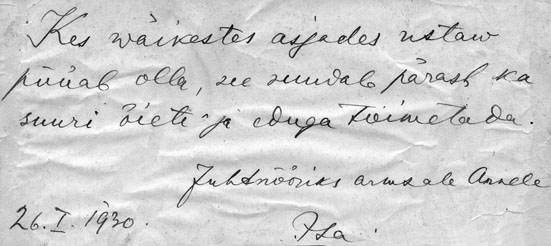| Main Page Home life and childhood Education Nationalism, politics and journalism Family Tartu Gymnasium for Girls Great changes in 1917 A national university The statesman A great man of the nation |
|
|
|
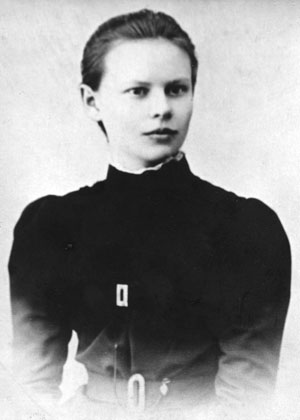 Miss Helmi Einberg. Private collection |
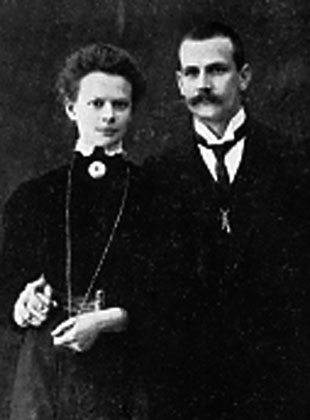 Peeter and Helmi Põld in 1908. Private collection |
Aspiring educationist Peeter Põld and public school teacher Helmi Einberg were wed in Kose Church in the autumn of 1908. They were married by Peeter’s elder brother, Harald Põld. |
|
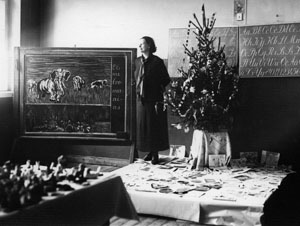 Teacher Helmi Põld at Tartu Girls’ Gymnasium. Private collection |
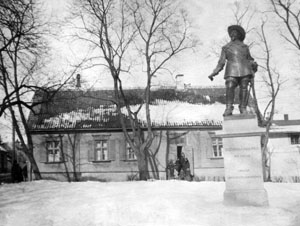 The teachers’ flat of the Põld family in Munga Street, Tartu. Private collection |
She conducted the first temperance courses for students in 1908, wrote a report on the first temperance congress in St. Petersburg in 1911, was the leader of the Estonian Women’s Temperance Society from 1923 to 1940, one of the initiators of Mother’s Day celebrations in Estonia (which began in 1923); one of the founders of the journal ”Estonian Woman” (first published in 1924), and its editor from 1924 to 1940; she was also a member of the organizing committee of the 18th International Temperance Congress which took place in Tartu, and chaired the Seventh White Ribbon Congress of Women of the Nordic Countries in 1926. She also led the Estonian delegation to the International Temperance Congress in Helsinki in 1939. Peeter and Helmi Põld had eleven children. Rarely did educated parents have that many children. However, their family became a model of unity based on religious and ethical principles, diligence and joy. |
|
